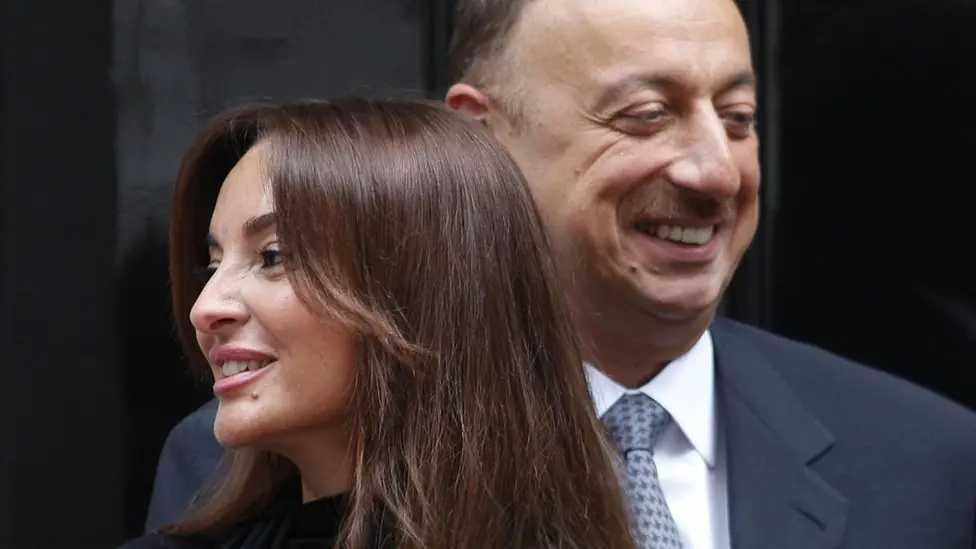A sense of privacy in Georgia is quite an abstract concept — especially for socially and politically active people. Concerns that ‘they are listening to us’ along with remarks like ‘I’d rather not say this over the phone’ date back to my own childhood, and even earlier. Even by the time I turned 27, they had not truly gone away.
It is not just baseless drama: the fact that the state listens in — at least on certain segments of society — has been confirmed, including in a scandal a few years ago, when a large number of recordings allegedly leaked from the State Security Service. Many journalists, activists, and others recognised themselves in those tapes.
Now, however, in 2025, we are faced with a different — if not even more severe — reality: a process that is effectively equivalent to surveillance is now taking place in broad daylight, in the heart of Tbilisi, potentially targeting everyone who, for over six months, has been attending the nightly anti-government protests and blocking the capital’s main avenue for several hours.
Last week, I finished working on an article about the government’s purchase of Chinese PTZ (pan-tilt-zoom) cameras, which offer a range of tracking capabilities, feature powerful optical zoom, and facilitate the subsequent identification of individuals.
Using these cameras, the police have been identifying protesters and fining them for blocking the road — often multiple times and with enormous sums that are extremely difficult, if not impossible, for most people in Georgia to pay. In court, the Interior Ministry typically presents footage from these cameras as evidence.
The fines for blocking the road have become so intense that nowadays, it surprises very few people when another social media post is published, saying, ‘I got fined too’. The once shocking amount of ₾5,000 ($1,800) has seemingly become routine. Around me, the number of politically active people — and recently, journalists as well — who haven’t been fined on these grounds is steadily shrinking.
Still, working on the article had a somewhat unsettling effect on me, especially as I reflected on the technological capabilities now in the hands of the state, and considered how far this process might go.
Exactly how demonstrators are identified remains unclear, with many questions left unanswered. What is evident, however, is that the process is far from a simple push of a button. According to police reports, the footage is later uploaded into a ‘special electronic programme’ — a vague term that, combined with the nature of the process, has led critics to conclude that the biometric data of citizens is being processed, likely in violation of multiple laws.
During my research, I spoke with several people including lawyers, one of whom, Giorgi Davituri of the local Development of Freedom of Information (IDFI) organisation, has been monitoring the state’s use of technology for years.
The most striking experience was watching the footage itself: how the police observe citizens, zooming in and out, focusing on specific individuals, the high quality of the recordings, and how clearly people’s faces, gestures, and emotions are captured. Based on the nature of the footage, IDFI believes that this process is manually operated by the Interior Ministry’s operators in real time during the protests.
The scale and nature of the process are deeply troubling — especially considering the number of PTZ cameras installed near the parliament. It raises the question: Are they used solely to identify protesters’ faces, or is there a broader purpose? In some footage, a camera can be seen zooming in on a piece of paper held by a demonstrator — close enough to make the writing on it legible.
During our interview, Davituri emphasised something important: the state seeks control, and when it cannot fully control something, it tries to create the illusion that it does. That’s a crucial point, especially in a climate where concerns about safety and privacy are naturally intensifying among government critics.
But there’s another issue the lawyer also highlighted, one that has been on my mind more and more lately: once the state acquires a taste for surveillance technology, its appetite tends to grow. And while Rustaveli Avenue and the people standing there may currently be under exceptional scrutiny, that doesn't mean other groups won’t be targeted next — or that the reach of the cameras, already extending beyond Rustaveli Avenue into nearby streets and routes of protest marches, won’t continue to expand.
This brings us back to the essential question: How far can this process go? Where is the limit — if there is one at all?
As with so many aspects of this country’s future, there are far more questions than answers.






